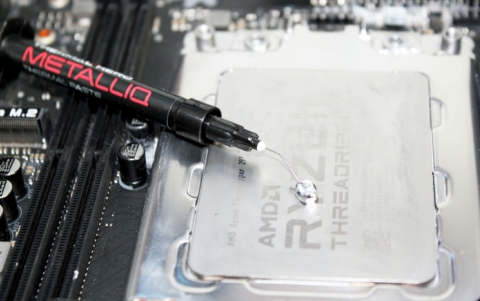
Microsoft Joins Open Compute Project
Microsoft is joining the Open Compute Project (OCP,) a community focused on engineering efficient hardware for cloud and high-scale computing via open collaboration.
In a Tuesday event at the Open Compute Project (OCP) Summit in San Jose, Calif., Bill Laing, Corporate Vice President, Cloud & Enterprise, Microsoft, announced that Microsoft is contributing to the OCP what the company calls the Microsoft cloud server specification: the designs for the most advanced server hardware in Microsoft datacenters delivering global cloud services like Windows Azure, Office 365, Bing and others.
The Microsoft cloud server specification provides the blueprints for the datacenter servers Microsoft has designed for cloud services. These servers are optimized for Windows Server software and built to handle the availability, scalability and efficiency requirements of Windows Azure. Microsoft expect this server design to contribute to reducing network cabling by 1,100 miles and metal by 10,000 tons across our base of 1 million servers.
Microsoft and Facebook (the founder of OCP) are the only cloud service providers to publicly release these server specifications. As part of this effort, Microsoft Open Technologies Inc. is open sourcing the software code Microsoft created for the management of hardware operations, such as server diagnostics, power supply and fan control.
The Microsoft cloud server specification provides the blueprints for the datacenter servers Microsoft has designed for cloud services. These servers are optimized for Windows Server software and built to handle the availability, scalability and efficiency requirements of Windows Azure. Microsoft expect this server design to contribute to reducing network cabling by 1,100 miles and metal by 10,000 tons across our base of 1 million servers.
Microsoft and Facebook (the founder of OCP) are the only cloud service providers to publicly release these server specifications. As part of this effort, Microsoft Open Technologies Inc. is open sourcing the software code Microsoft created for the management of hardware operations, such as server diagnostics, power supply and fan control.





















